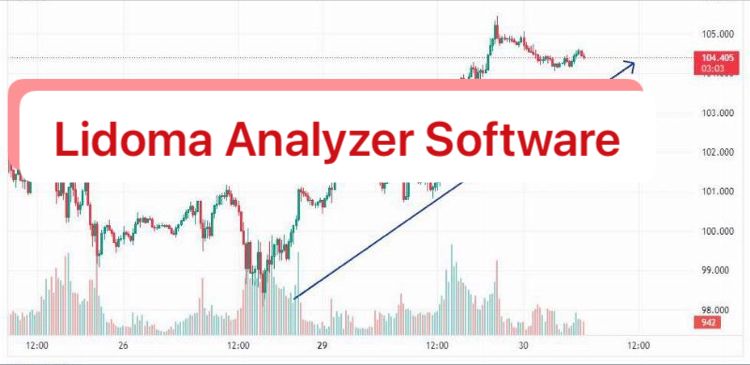Technical analysis of the oil market …
While the largest OPEC+ producers extended their supply cuts until the end of the year, Brent crude crossed the $90 per barrel mark for the first time since November last year.
Saudi Arabia will continue its unilateral output cuts of 1 million barrels per day until December, in a move that will spark a new inflationary stimulus for the global economy, according to a statement published in the country's state-run news agency. The move will keep production for a total of six months at around 9 million barrels per day - the lowest level in several years.
In a separate statement, Russian Deputy Prime Minister Alexander Novak said that the reduction of Russian exports of 300,000 barrels will be extended for the same period.
Oil prices rose after the release of this news, and the Brent international index jumped 2 percent to $90.75 a barrel by 2:45 p.m. in London. Global oil markets hit record highs as demand surged and oil supplies dwindled. Even growing concerns about China's economic growth have not stopped oil prices from rising this summer.
The price hike is likely to cause resentment in the United States, where the Biden administration is seeking to stave off the threat of $4-a-gallon gasoline. A rebound in inflation would put pressure on consumers and jeopardize efforts by central banks around the world to tame inflation. Fuels such as gasoline and diesel are currently trading well beyond the original price of crude oil.
The action of the Saudis exceeded the expectations of the market. 20 out of 25 traders and analysts surveyed by Bloomberg last week had predicted that output cuts would be extended for another month.
"The market's response is appropriate. This will change the color of inventory at the end of the year and further tighten the market," said Rebecca Babin, chief energy trader at CIBC Private Wealth.
The kingdom first began additional supply cuts in July, deepening cuts already made with OPEC+ partners. With most coalition members already losing some production due to underinvestment and operational disruptions, Riyadh decided to step in with a largely unilateral initiative to support prices.
Defending the market has cost the Saudis. The kingdom suffered the steepest downgrade from the International Monetary Fund's economic growth forecast due to the volume of sales it is losing. Still, that appears to be an acceptable price for a kingdom that may need oil at nearly $100 a barrel to cover Saudi Crown Prince Mohammed bin Salman's ambitious spending projects.
According to the statement released by the Saudi SPA: "The decision to voluntarily cut is reviewed every month to consider the deepening of the reduction or increase in production. The goal of Saudi Arabia is to support the stability and balance of the oil markets."

